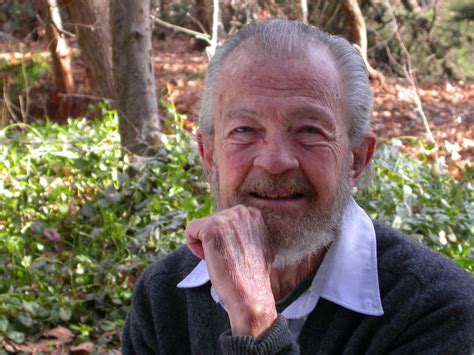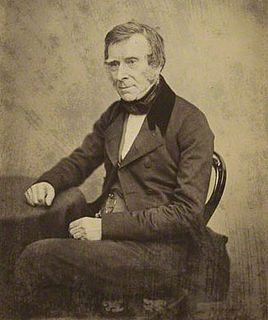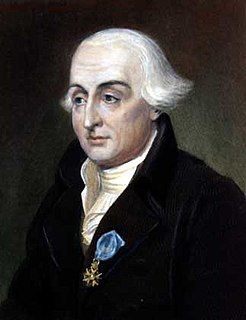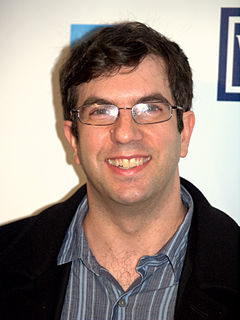A Quote by Gerald Weinberg
Newton was a genius, but not because of the superior computational power of his brain. Newton's genius was, on the contrary, his ability to simplify, idealize, and streamline the world so that it became, in some measure, tractable to the brains of perfectly ordinary men.
Related Quotes
Nothing is so much coveted by a young man as the reputation of being a genius; and many seem to feel that the want of patience for laborious application and deep research is such a mark of genius as cannot be mistaken: while a real genius, like Sir Isaac Newton, with great modesty says, that the great and only difference between his mind and the minds of others consisted solely in his having more patience.
A genius is the man in whom you are least likely to find the power of attending to anything insipid or distasteful in itself. He breaks his engagements, leaves his letters unanswered, neglects his family duties incorrigibly, because he is powerless to turn his attention down and back from those more interesting trains of imagery with which his genius constantly occupies his mind.
Genius is by definition a style of consciousness characterized by the ability to access high energy attractor patterns. It is not a personality characteristic. It is not something that a person has, nor even something that someone is. Those in whom we recognize genius commonly disclaim it. A universal characteristic of genius is humility. The genius has always attributed his insights to some higher influence.
It is attention, more than any difference between minds and men.-In this is the source of poetic genius, and of the genius of discovery in science.-It was that led Newton to the invention of fluxions, and the discovery of gravitation, and Harvey to find out the circulation of the blood, and Davy to those views which laid the foundation of modern chemistry.
The highest reach of science is, one may say, an inventive power, a faculty of divination, akin to the highest power exercised in poetry; therefore, a nation whose spirit is characterised by energy may well be eminent in science; and we have Newton. Shakspeare [sic] and Newton: in the intellectual sphere there can be no higher names. And what that energy, which is the life of genius, above everything demands and insists upon, is freedom; entire independence of all authority, prescription and routine, the fullest room to expand as it will.
In this age of inventive wonders all men have come to believe that in some genius' brain sleeps the solution of the grand problem of aerial navigation-and along with that belief is the hope that that genius will reveal his miracle before they die, and likewise a dread that he will poke off somewhere and die himself before he finds out that he has such a wonder lying dormant in his brain. We all know the air can be navigated-therefore, hurry up your sails and bladders-satisfy us-let us have peace.
The book, the college, the school of art, the institution of any kind, stop with some past utterance of genius. . . . They look backward and not forward. But genius looks forward: the eyes of man are set in his forehead, not in his hindhead: man hopes: genius creates. Whatever talents may be, if the man create not, the pure efflux of the Deity is not his; - cinders and smoke there may be, but not yet flame.
There are two kinds of success. One is the rare kind that comes to the person who has the power to do what no one else has the power to do. That is genius. But the average person who wins what we call success is not a genius. That person is a man or woman who has merely the ordinary qualities that they share with their fellows, but has developed those ordinary qualities to a more than ordinary degree.
Neither can we admit that definition of genius that some would propose--"a power to accomplish all that we undertake;" for we might multiply examples to prove that this definition of genius contains more than the thing defined. Cicero failed in poetry, Pope in painting, Addison in oratory; yet it would be harsh to deny genius to these men.
Let me tell you, though: being the smartest boy in the world wasn’t easy. I didn’t ask for this. I didn’t want this. On the contrary, it was a huge burden. First, there was the task of keeping my brain perfectly protected. My cerebral cortex was a national treasure, a masterpiece of the Sistine Chapel of brains. This was not something that could be treated frivolously. If I could have locked it in a safe, I would have. Instead, I became obsessed with brain damage.




































